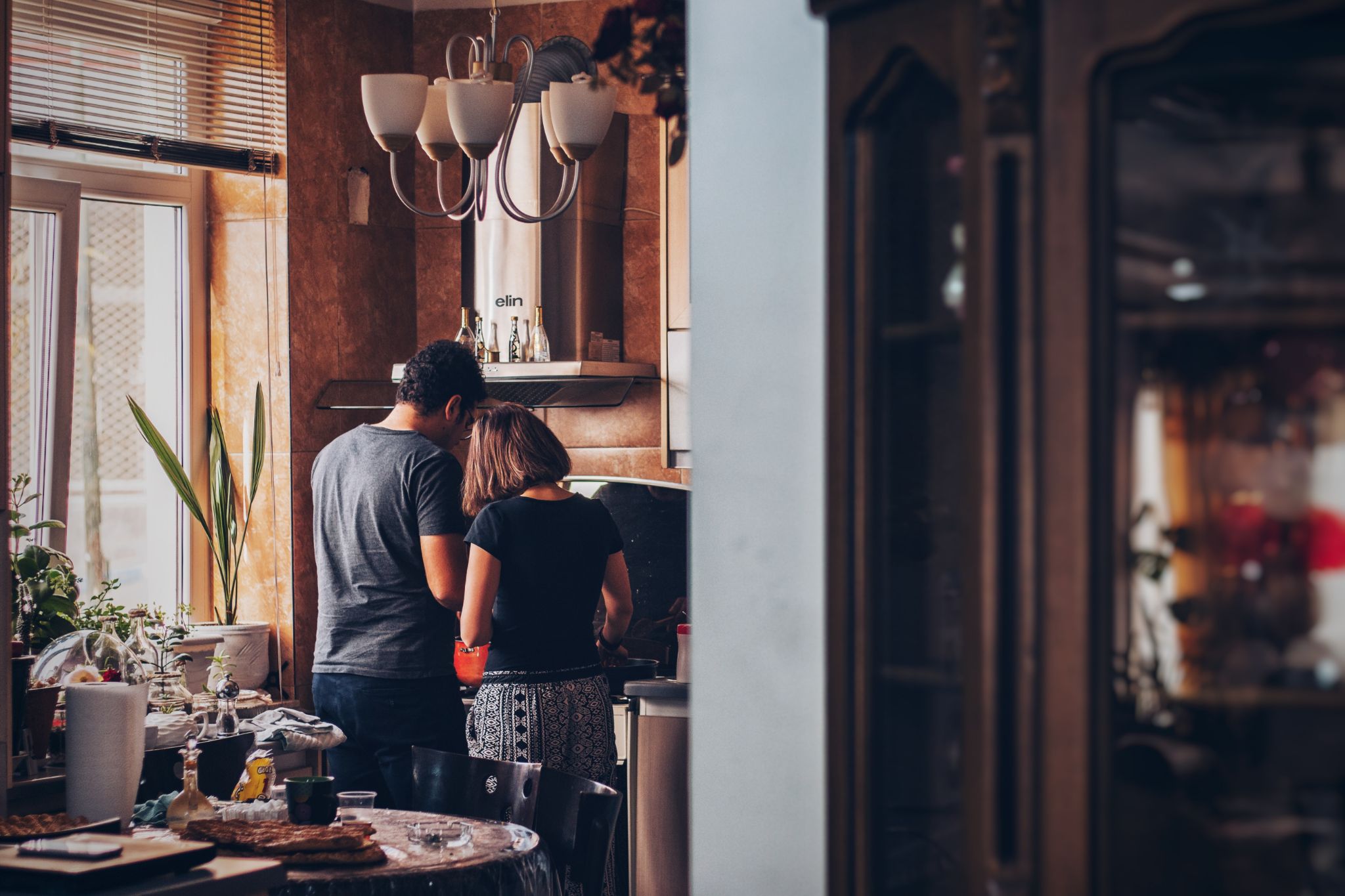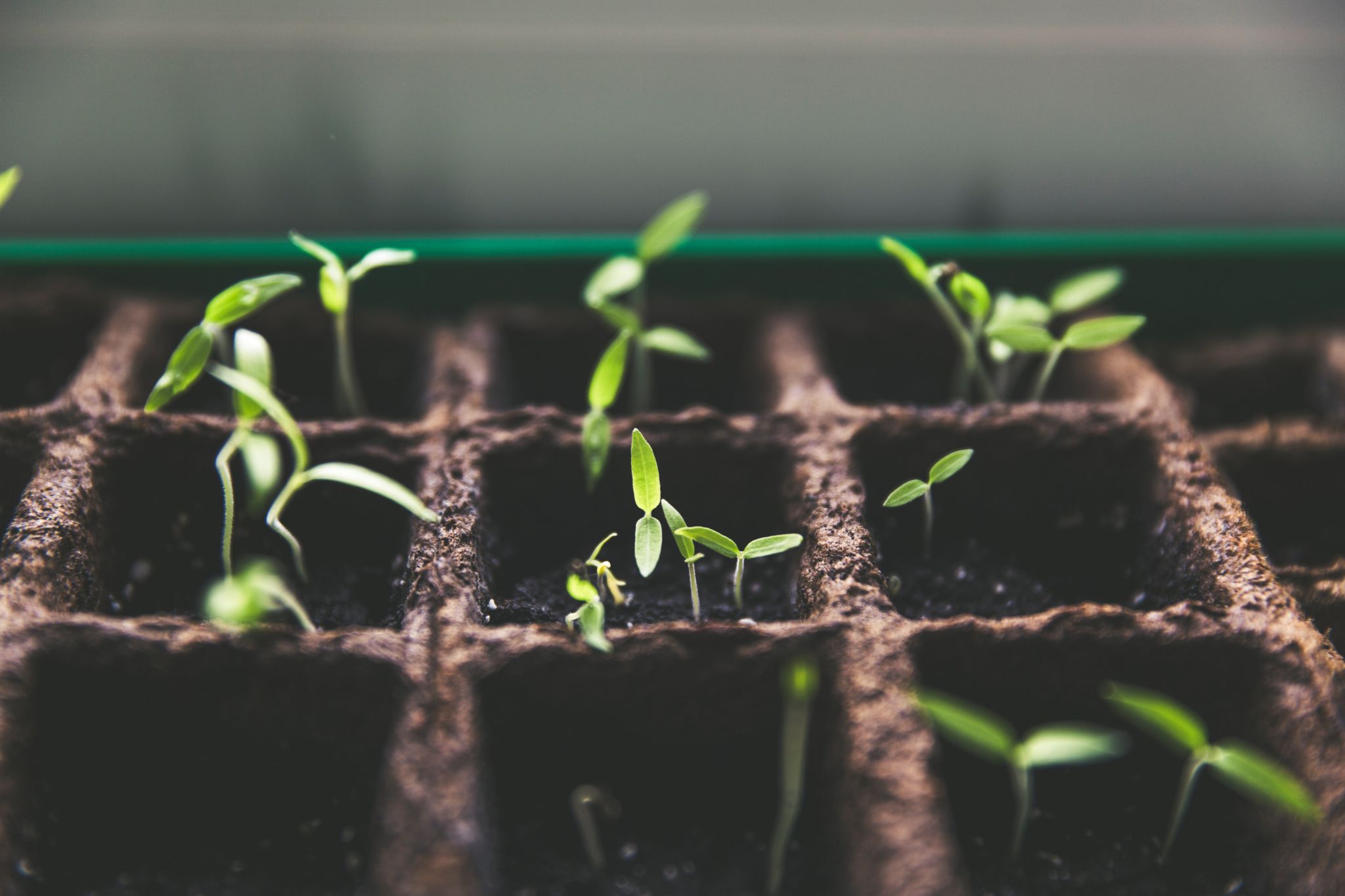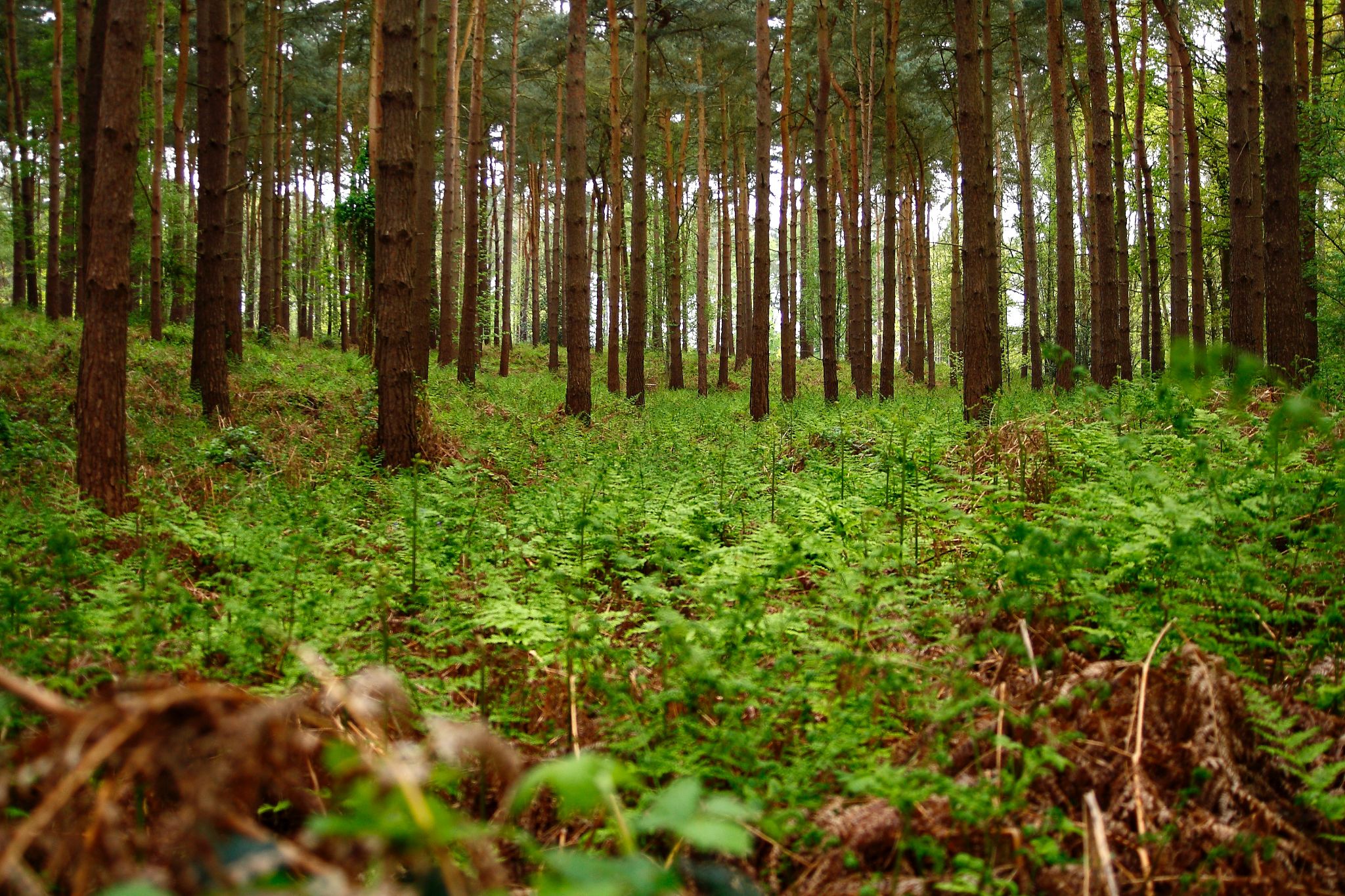Does protecting the environment mean taking life-changing steps, or will small changes do?
The term "ecological footprint" refers to a measurement of human demand on nature that compares human consumption of natural resources to the earth's capacity to replenish them. How can we be more eco-friendly? What do we need to do to tread as lightly as possible to reduce our impact on the environment? Read on to find out.

In the home
Turning things off is the most crucial thing you can do at home! When you're not using something, such as a TV or a computer, turn it completely off; don't let it go to standby.
When you leave an appliance on standby rather than turning it off at the outlet, it consumes energy. According to the Energy Saving Trust studies, 9-16 per cent of the electricity utilised in households powers items in standby mode.
To remain in business these days, manufacturers are way more eco-friendly and make appliances and light bulbs that are energy efficient. As finances allow, always buy the most efficient appliances you can afford.
Saving water is vital. Water is a valuable commodity with a few easy steps, such as turning off the tap when brushing your teeth or shaving, which can go a long way toward conserving water. Although it might sound a bit grim to suggest re-using your bath water, think about how we could use the water to clean your bin and bin store rather than just letting it flush away.
Why not collect the water from washing fruit, vegetables and salads and use it to hydrate your houseplants. We can do lots of things with wastewater that makes a huge difference and think about the cash you can save, especially if you have a water meter.
Air conditioning is expensive, and it's terrible for the environment on hot days, lower your blinds or close your curtains to keep the house cool and save money on electric fans or air conditioning.
Equally, when the weather allows, dry your clothes outside. Research carried out by Waterline Global says a typical tumble dryer generates more carbon in one year than a tree can absorb in 50 years - that’s not great news.
There are other small but vital things you can do in the kitchen.
In the kitchen, to save energy, keep lids on pots when cooking. Consider batch cooking when possible. Cooking this way is not only an ecological saving but an exercise in saving money too. Let's move on to the garden and the eco-friendly things we can do outside.

In the garden
Make use of rainwater and use it to irrigate your garden. Think about watering early in the morning or late at night. Sensible watering schedules decreases evaporation-related water loss. Investigate water-saving irrigation techniques both drip irrigation and sprinkler irrigation can both be used effectively in the garden.
Gardens should not be overwatered as a general rule. Only water until the soil is moist, not saturated; fortunately, it rains frequently enough to save some rainwater for the dry times in the UK.
Why not plant native trees and bushes to attract birds to your garden to make it more alive. You can also put up food-filled bird nest boxes, making this both environmentally friendly and gardener friendly - bird watching is free entertainment for all that doesn't use electricity.
Sweep fallen leaves and blossoms into flowerbeds or around bushes to put the mulch to good use in your garden. Recycling your garden waste will improve soil fertility while also reducing the requirement for frequent irrigation.
If you have space, a great idea for kitchen waste is a composter or compost receptacle to convert organic waste from the kitchen and garden into soil-enriching manure.
Re-use, recycle and reduce waste
We can always do more, but it's better to do several small environmentally friendly things than nothing at all. Start small - use both sides of a sheet of paper whenever possible. Rather than writing, use e-mail to keep in touch.
Share magazines with friends and donate them to the doctor's office, the dentists, or the local hospital's waiting rooms when permitted.
If possible, make invitation cards, envelopes, and letter pads out of recyclable paper. Whenever possible, use washable nappies instead of disposables. Donate unused clothing, toys, and books to charity.
So, in response to the question, does environmental protection necessitate life-changing actions or might minor modifications suffice? We can take tiny moves that will eventually lead to more considerable strides, and change will become less dramatic as life-altering events occur naturally.
